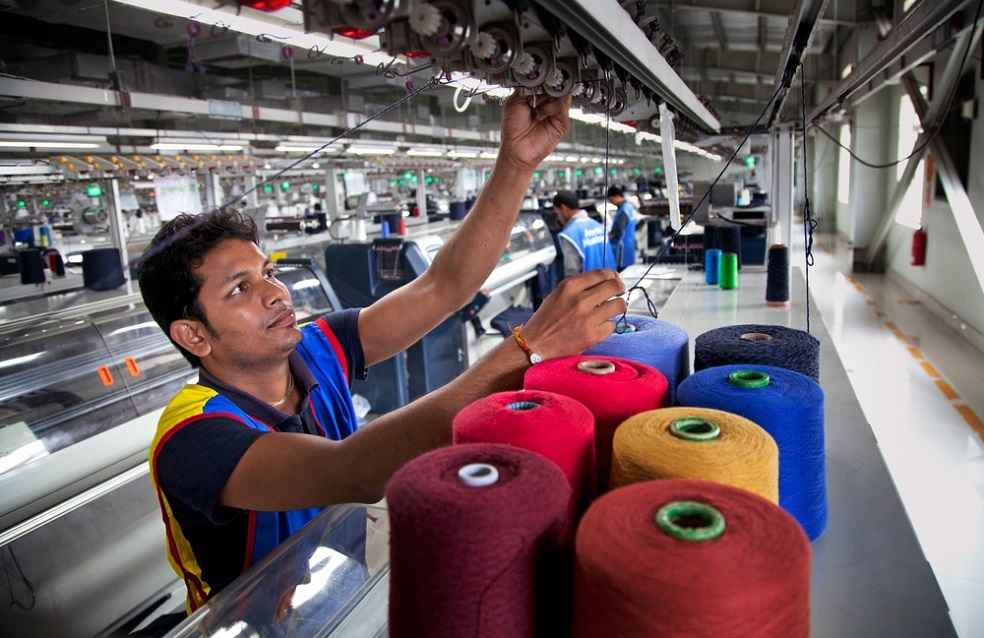The 2024-25 Economic Survey has highlighted the urgent need to improve India’s textile exports, setting an ambitious target of reaching $150 billion by 2030, up from $34 billion in 2023. The report calls for structural reforms to improve the sector’s competitiveness, including developing localized value chains, reducing regulatory hurdles, and prioritizing man-made fiber (MMF) over traditional cotton textiles.
The survey points to India’s lagging global market share—currently at 2% compared to China’s 30% and Vietnam’s 7%—as a key concern. One of the major challenges identified is the fragmented nature of India’s textile supply chain.

Unlike China and Vietnam, which have built vertically integrated ‘fibre-to-fashion’ industries, India’s cotton production is scattered, leading to higher costs and inefficiencies. The complex movement of raw materials, from cotton-growing states like Gujarat and Andhra Pradesh to processing hubs in Tamil Nadu and Maharashtra, adds logistical burdens and weakens competitiveness.
Regulatory constraints further hamper exports. Requirements such as pre-shipment inspection certificates and meticulous documentation of fabric components create bureaucratic delays, increasing costs for exporters. The survey stresses that simplifying and eliminating such inefficiencies could significantly boost India’s global standing.
Trade barriers also present challenges. India faces an 11.3% tariff on silk shawls and scarves in the U.S., while competitors like South Korea benefit from duty-free access through trade agreements. The survey recommends negotiating favorable trade deals to level the playing field.

Additionally, the survey underscores the growing demand for MMF-based products, including athleisure wear and technical textiles used in the aerospace and automotive industries. While MMF accounted for 77% of global fiber consumption in 2024, India’s share of MMF production remains at 9.2%, indicating significant room for growth.
The survey urges increased investment in MMF production to align with shifting global trends. The government has already introduced initiatives such as the Production Linked Incentive (PLI) scheme and R&D investments to strengthen the sector.
LATEST NEWS | Trump Confirms 25% Tariffs on Canada, Mexico; Oil Imports Decision Pending



